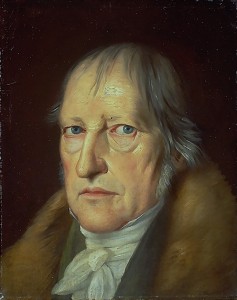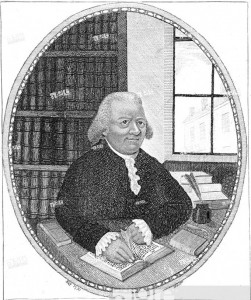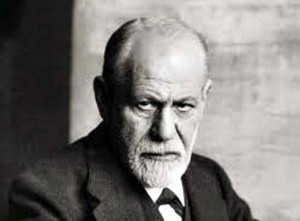 In the last paragraph of absolute knowing, recollection (Erinnerung) comes on the stage as a leading actor which plays a significant role in achieving a whole complete system.
In the last paragraph of absolute knowing, recollection (Erinnerung) comes on the stage as a leading actor which plays a significant role in achieving a whole complete system.
The Phenomenology of Spirit, as the science of experience of consciousness, begins its process with the most primitive form of consciousness and gradually penetrates to true knowing or to absolute knowing.
Throughout its self-educating process, consciousness tests the actuality of its knowledge which means that it tests whether its notion corresponds to its object. Continue reading


